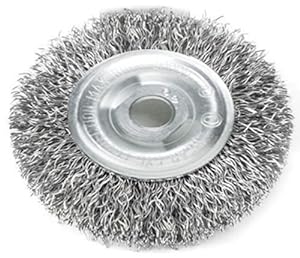MazdaDriverNJ
Contributor
- :
- 2013 Mazda CX-5 Touring FWD
Hi guys,
I haven't been here in a while... I guess it's good that there weren't any car issues or questions.. but missed the forum.
I am at almost 51K miles, and I am told (by 3 different places) that rear brakes need to be replaced. No noise or squeaking so I am hoping rotors are still good.
For those of you who have already replaced your rear brakes, how much did you pay?
Thanks in advance!
I haven't been here in a while... I guess it's good that there weren't any car issues or questions.. but missed the forum.
I am at almost 51K miles, and I am told (by 3 different places) that rear brakes need to be replaced. No noise or squeaking so I am hoping rotors are still good.
For those of you who have already replaced your rear brakes, how much did you pay?
Thanks in advance!


